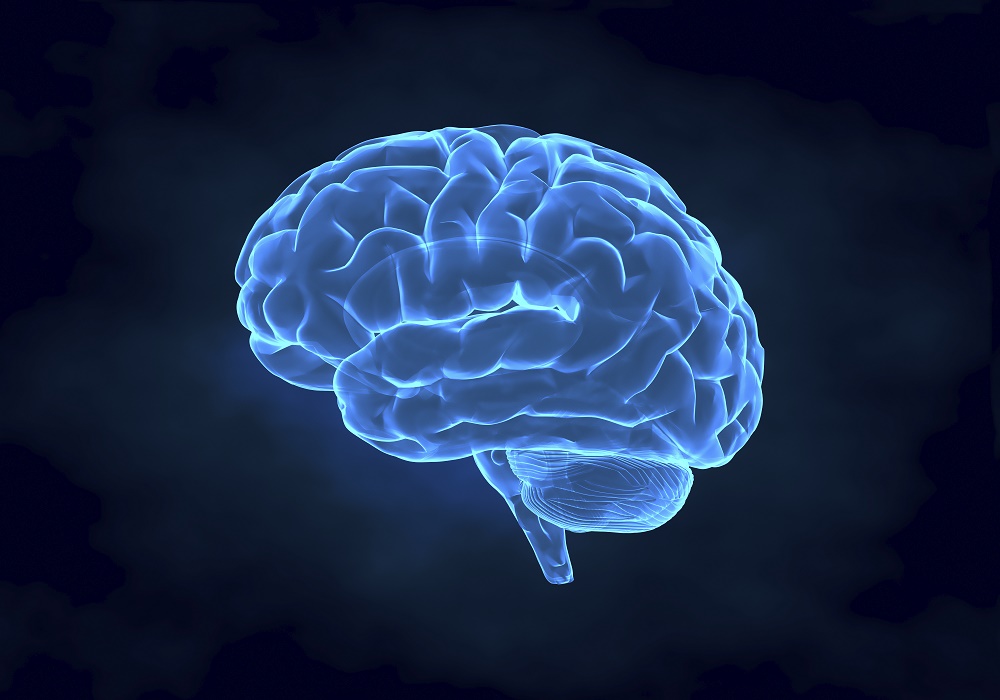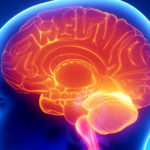New findings published in the peer-reviewed journal Nature Communications demonstrates how fear memory in the brain linked to trauma, like such experienced in post-traumatic stress disorder, is formed and also implicates the strengthening of neural pathways through two areas: the hippocampus and the amygdala.
“In order to survive, animals develop fear responses to dangerous situations. The neural mechanism of learned fear has great survival value for animals, which must predict danger from seemingly neutral contexts,” the study reads.
“In contextual fear conditioning, an experimental model of fear learning, experimental subjects learn to associate a neutral context with an aversive stimulus and display fear responses to a context that predicts danger. Contextual fear learning requires coordinated activity of the hippocampus and amygdala.”
In the study, researchers highlighted our brain’s capability of memory formation linked to traumatic or fearful events in which memorical processes of such past events or situations allow to predict and avoid more dangerous ones in future occasions. The study focused on rodents as participants that took part in a series of experiments.
“In this study, we tested the hypothesis that contextual fear learning involves strengthening of functionally defined synapses, which connect context-encoding hippocampal CA1 neurons to a subset of neurons in the amygdala,” the findings state.
“The conventional approaches examining randomly selected synapses do not allow the efficient detection of associative learning-induced synaptic changes because associative memory is encoded sparsely in a subset of synapses, and functional heterogeneity exists in brain areas orchestrating emotional learning and memory.”
“We identified a basal amygdala (BA) neuronal population that receives more inputs from ventral CA1 (vCA1) neurons active in a context than other BA neurons do. Our study suggests that heterogeneous populations of BA neurons receive vCA1 inputs conveying different contextual information, while the total number of vCA1 inputs to each BA neuron is uniform.”
Researchers concluded the following in the findings: “Our study demonstrates that synaptic potentiation was induced selectively in the vCA1 inputs conveying threat-predictive contextual information to the BA in discriminative contextual fear conditioning.”


